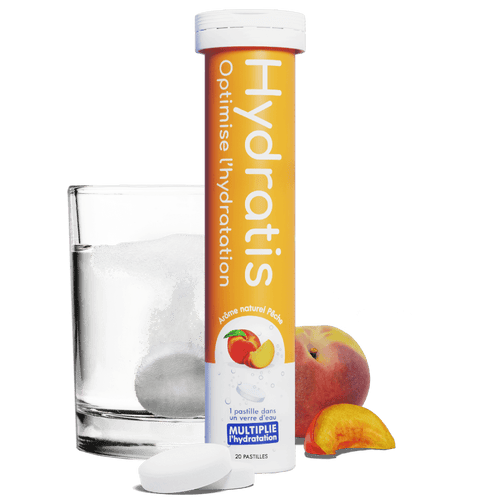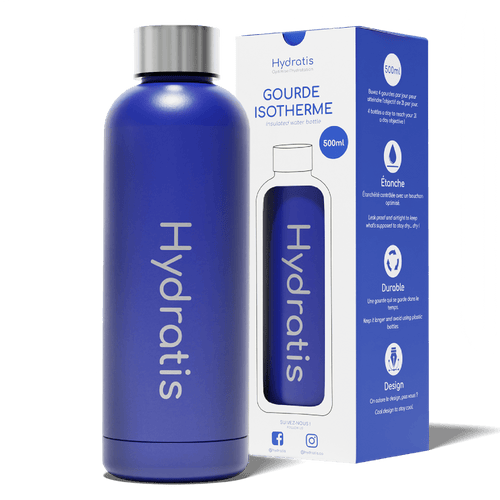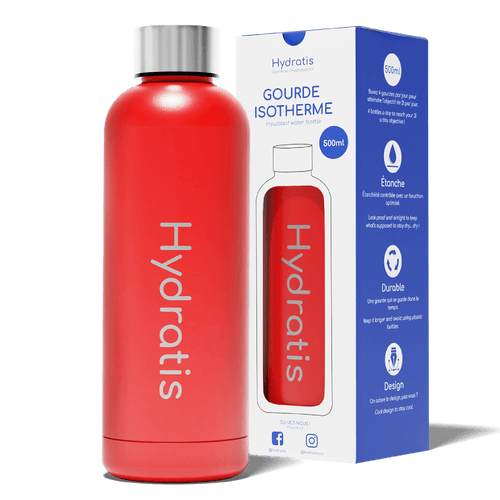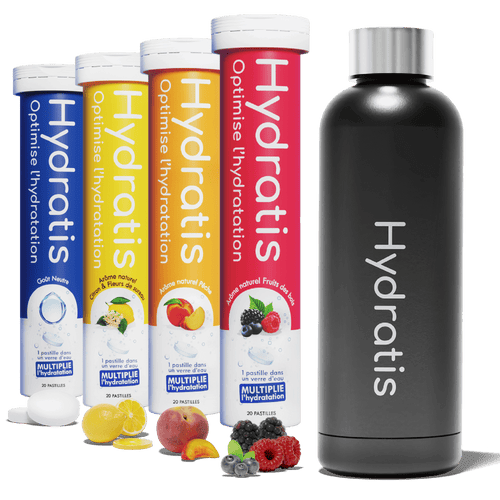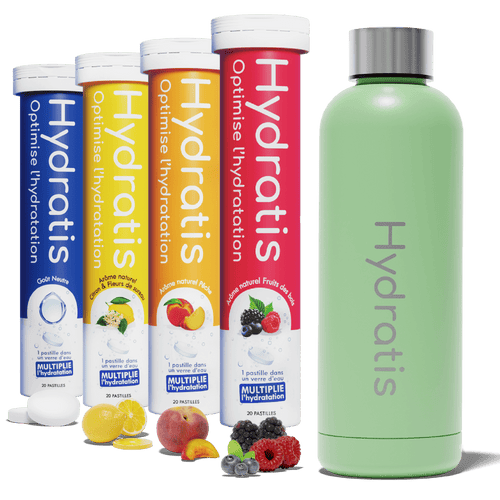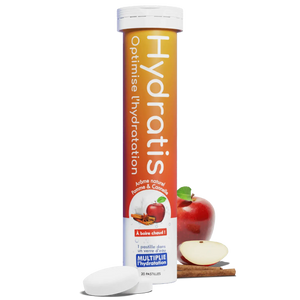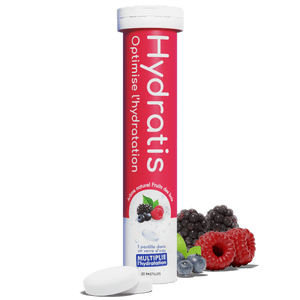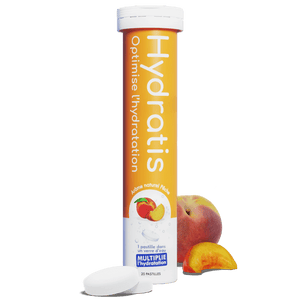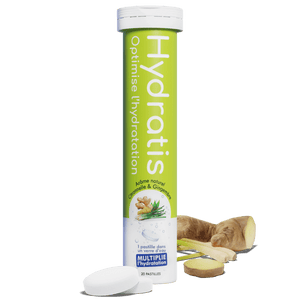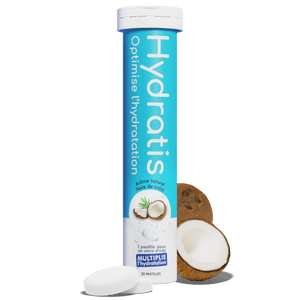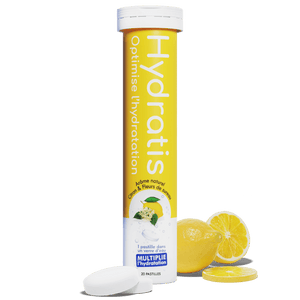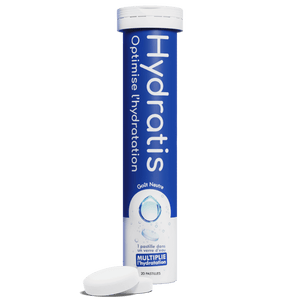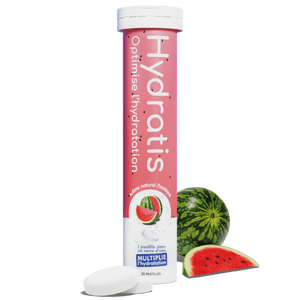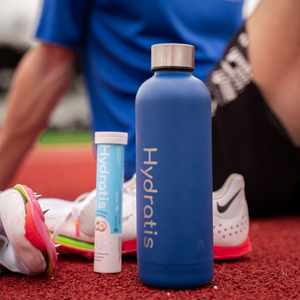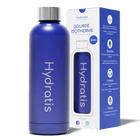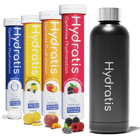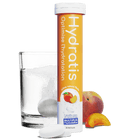
The flu is a very dreaded respiratory infection during the winter season. Indeed, although it heals in a week and without complications for the majority of people, the symptoms it causes are very unpleasant. In addition, its transmission to fragile people (elderly, immunocompromised, asthmatic, etc.) exposes them to the risk of potentially serious complications. Symptoms of the flu include high fever associated with chills, dry cough, muscle aches, and severe fatigue. The complications it can cause can be respiratory (pneumonia) or the aggravation of an already existing chronic disease (heart failure, diabetes, etc.).
How to protect yourself from the flu?
The COVID-19 pandemic has familiarized the general public with what are commonly called “barrier gestures”: hygiene precautions to limit the transmission of viruses, such as regular hand washing. Their implementation is therefore just as suitable when it comes to preventing the flu. The proof: in winter 2020, the latter had a very reduced incidence compared to other years, partly explained by the implementation of barrier gestures, with for example the wearing of a mask or social distancing. Thus, adopting hygiene precautions will allow you and your family to reduce the risk of contracting a bad flu.
But vaccination is still the best way to protect against seasonal flu . Influenza vaccines are very safe, and have very few contraindications. If you get vaccinated this year, your risk of contracting the disease during the dry season will then be significantly reduced, and, moreover, you will participate in the protection of the most vulnerable people in the population, whose less efficient immunity sometimes responds less well. to the vaccine. Influenza vaccination is particularly recommended for pregnant women, people over 65 or under 5, the chronically ill and healthcare professionals. Talk to your doctor.
What to do in case of flu?
If despite your precautions , you fall ill, you will have to take the right steps to limit the spread of the virus, and recover in optimal conditions. Thus, from the onset of symptoms, be sure to limit close contact with those around you and the rest of the population, especially fragile people. You will surely have to miss work, to rest and not to circulate the viruses responsible for the flu: in fact, these are transmitted by respiratory secretions exchanged between people through coughing or sneezing. A second mode of contamination consists of the transmission of microbes through contact with contaminated objects, which reminds us of the importance of washing your hands well, even when sick, so as not to spread the virus in your environment and not to contaminate his relatives. You should also cover your mouth and nose well when you sneeze, preferably with the crook of your elbow, and blow your nose in paper tissues that you immediately throw in a trash can with a lid.
In order to recover in the best possible conditions, try to put yourself in a calm and relaxing environment. The watchword will be rest, and this for as long as it takes! If you feel the need, you can take painkillers (always scrupulously respecting the gap between two intakes) in order to reduce headaches, fever and body aches. Also, we regularly monitor our temperature: if it does not come down after several days or that analgesics do not relieve it, we consult our doctor without delay.
Hydration during the flu
The flu is usually accompanied by a high fever. However, the latter exposes you to dehydration. Indeed, when you are feverish, the body will produce exaggerated sweating as a mechanism to try to eliminate excess heat. This will then eliminate fluids in large quantities, which sometimes completes an already underlying dehydration. A good state of hydration is also essential for the proper functioning of your immunity.
For these reasons, it is important to ensure that you drink plenty of water for the duration of your flu. You can also count on teas and infusions to which you can add honey to soothe your throat. Similarly, try to consume seasonal fruits and vegetables, especially through soups that will provide you with hydration, fiber, vitamins... and comfort!
You can also bet on rehydration solutions
such as those offered by Hydratis . These contain a variety of mineral salts and in large quantities, which will significantly increase the absorption of water by your body and help you achieve optimal hydration, while replenishing trace elements.
You are protected against next winter's flu. And don't worry, if this infection cannot be avoided all the time, the implementation of the right actions will allow you to heal quickly by limiting its transmission to the rest of the population.
